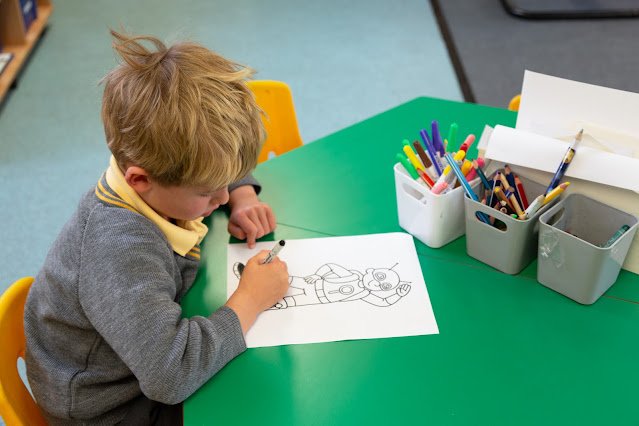The Firs School is awarded a grant from The Royal Society to increase biodiversity of Firs Forest
The Firs School in Chester celebrates receiving a special grant from The Royal Society to further increase the biodiversity of their much loved and hugely popular Firs Forest.
The Firs School in Chester recently heard that they have secured a £3,000 grant from The Royal Society, the independent scientific academy of the UK dedicated to promoting excellence in science for the benefit of humanity. The grant is to increase the biodiversity of The Firs Forest, and the wellbeing of the children.
The entire school will play a part in the project through activities such as planting and earthworm investigations and much more, and all pupils will be selected to undertake age-appropriate tasks.
The Firs School STEM (Science, Technology, Engineering and Maths) partners will be involved with planning the detail of the investigations with the students. They will explain different ways to measure and increase biodiversity and a special assembly will be held where the pupils will hear from STEM Partner, Dr Jordan Ryder of Chester University about the project. Later in the year there will also be a visit to Ness Gardens where they will be given a careers talk by the second STEM partner, Ellie Hill from Liverpool University. A special assembly for the parents of The Firs School children will also take place so that they can come along and hear more about the project.
With guidance and advice from The Firs School STEM partners (Ellie Hill and Dr Jordan Ryder) the children will initially survey and monitor the school's outdoor areas, including a pond, to establish a baseline for the current biodiversity within the forest area and the school grounds.
The children will then make appropriate changes to increase biodiversity with additional planting of native species and possible increased weed tolerance and hedgerow restoration. To evaluate, the children will continue surveying and monitoring to see what impact the changes have had on both the variety and numbers of insects and wildlife that are present within the area.
There will also be a short survey alongside the project which will collect information both before and after the project runs to measure any impact this project has on the children's wellbeing.
Mrs Johnson Science Coordinator at The Firs School in Chester who helped to secure the grant comments:
“At The Firs School we are both passionate about our environment and getting the children to work as a team and to learn through physical experiences. We are really looking forward to getting this exciting project underway. The project’s methodology and findings will be included within the science curriculum e.g. studying habitats and understanding what conditions are required for plants and trees to grow and we are very much looking forward to purchasing all the new equipment we need such as bird feeders, bug magnifiers, plants, saplings, camera traps, weather protection and much more.
“Years 4, 5 and 6 will undertake the project work in the Summer Term 2024 and in September 2024, the new Years 4, 5 and 6 will continue with the investigations and interventions for the academic year 2024/25.
“They will explore different ways to increase biodiversity and implement the most practical ideas and data collected and the findings will be communicated to the findings to the wider school community via video, posters, and Google slides. We are also excited that through our school buddy system, older children will pass on their knowledge to the younger ones and the planting and increase in habitats will continue to impact biodiversity over time.”



Comments
Post a Comment